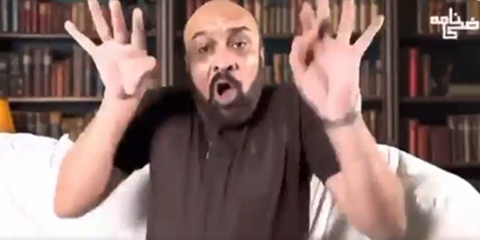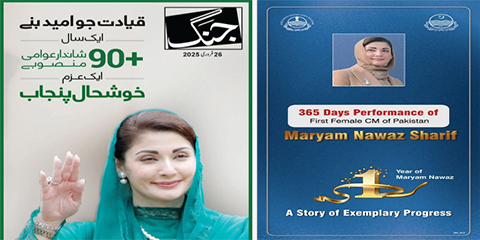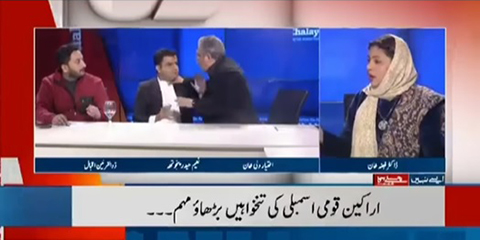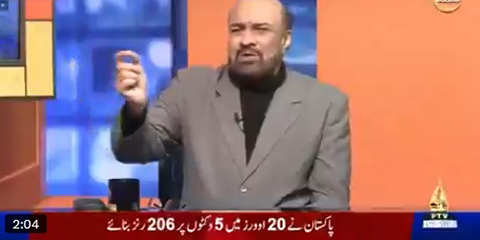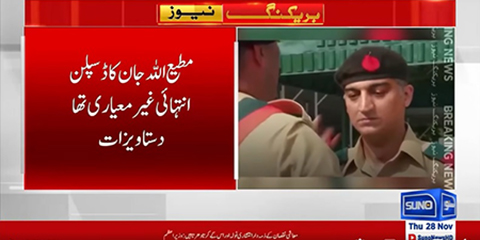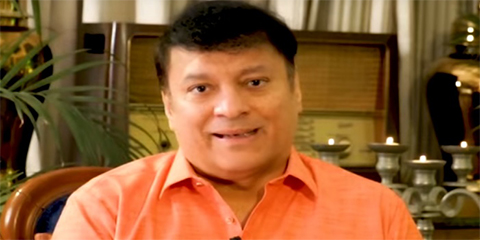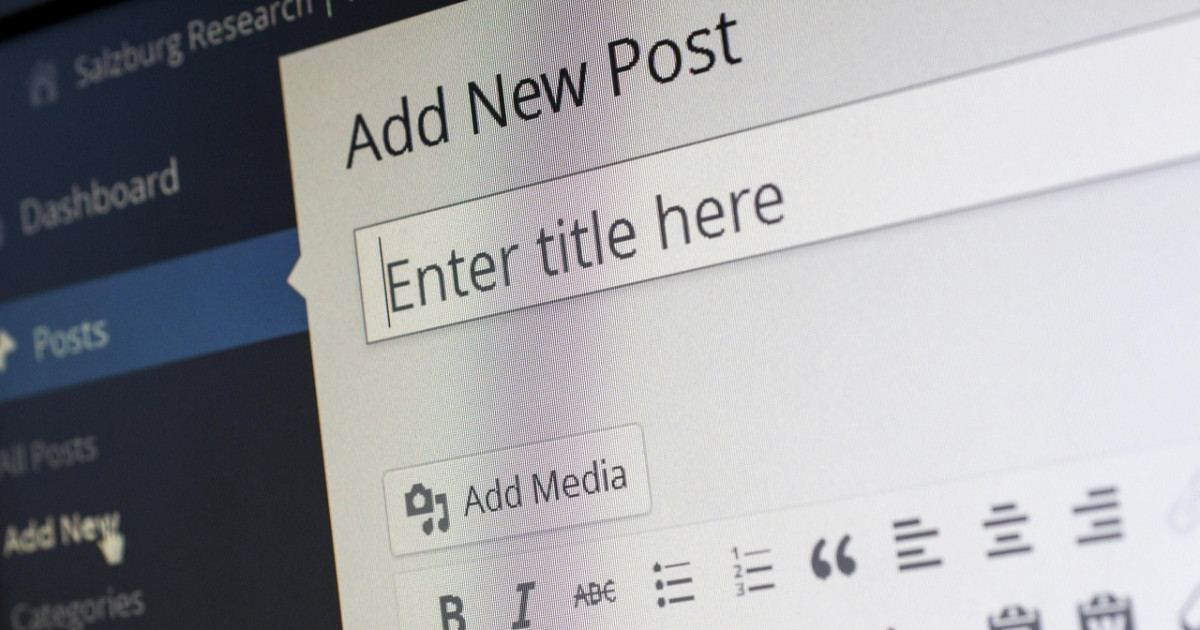Media ethics collapse as Punjab government buys front pages for self-praise
JournalismPakistan.com | Published: 25 February 2025 | JP Special Report
Join our WhatsApp channel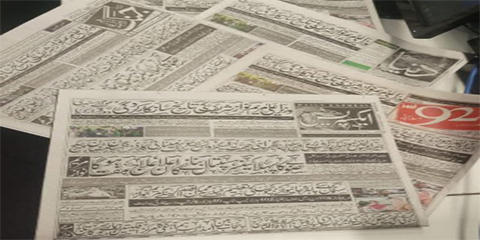
The Punjab government has exploited front-page space in leading Urdu newspapers for self-promotion. This move raises serious concerns over media ethics and the responsible use of public funds.Summary
ISLAMABAD—In a brazen display of self-aggrandizement, the Punjab government has commandeered the entire front pages of Pakistan's leading Urdu dailies, transforming what should be prime news real estate into taxpayer-funded political propaganda.
Tuesday's editions of Jang, Daily Express, Daily Dunya, and others abandoned journalistic principles as they surrendered their front pages to elaborate advertisements masquerading as news—all at public expense.
The deceptive layout initially mimics legitimate news coverage, but closer inspection reveals an orchestrated campaign of governmental self-praise costing millions in public funds. Punjab Chief Minister Maryam Nawaz's image dominates Jang's front page with no fewer than seven photographs, while misleading headlines trump dubious achievements. One particularly egregious claim announces "The Province's first cancer hospital to be built," conveniently ignoring the long-established Shaukat Khanum Cancer Hospital.
Other headlines push the boundaries of credibility with declarations like "Maryam Nawaz's historic performance; public declares it a golden era"—assertions that reflect paid publicity rather than public sentiment. This propaganda blitz concludes with the government's slogan: "If there's will, nothing is impossible...Punjab Government."
What does appear impossible, however, is responsible stewardship of public resources and media accountability.
This front-page takeover follows a similar pattern established by the federal government earlier this month. As the opposition Pakistan Tehreek-e-Insaf (PTI) observed February 8 as a protest against alleged election manipulation, Prime Minister Shehbaz Sharif's administration responded with its lavish publicity campaign. Full-page advertisements proclaimed a "year of economic recovery," claims starkly disconnected from the inflation and unemployment plaguing ordinary citizens.
The media outlets bear equal responsibility for this disturbing trend. By sacrificing journalistic standards for financial gain, these newspapers have betrayed readers who purchase publications expecting news, not political advertisements. The commodification of front pages represents a dangerous erosion of media independence and public trust.
While governments worldwide engage in public communications, the scale and deceptiveness of Punjab's campaign crosses ethical boundaries. Rather than addressing substantive policy concerns or engaging meaningfully with citizens, provincial leadership has chosen to invest millions in self-celebration—funds that could have addressed genuine public needs. As both the government and media abandon their responsibilities to the public, ordinary Pakistanis are left to foot the bill for this expensive exercise in political vanity.
KEY POINTS:
- Punjab government buys front pages for self-praise in major newspapers.
- Leading Urdu dailies abandon journalistic integrity for financial gain.
- Critics highlight misleading headlines and a lack of credible reporting.
- Campaign reflects a broader issue of media independence in Pakistan.
- Public funds are diverted to political vanity projects instead of genuine public services.



